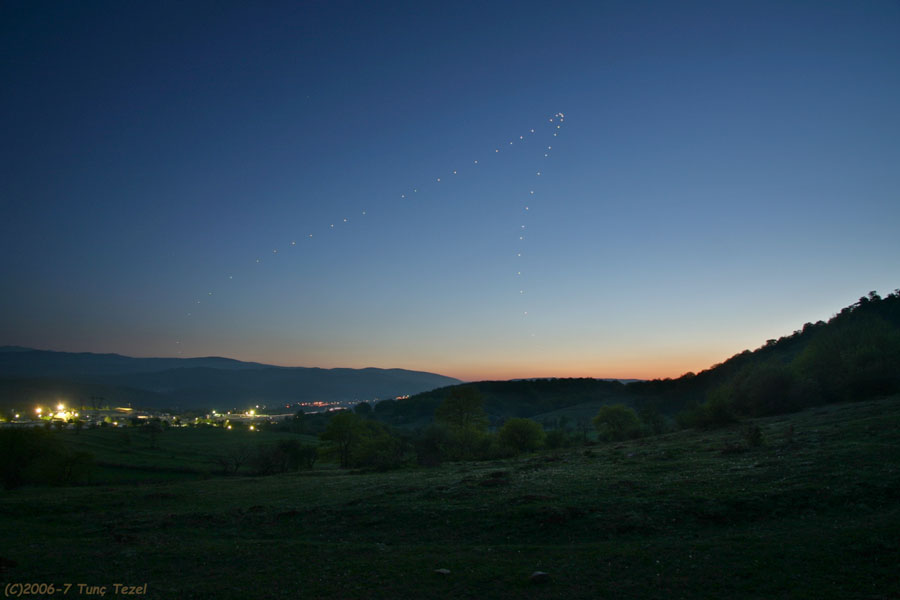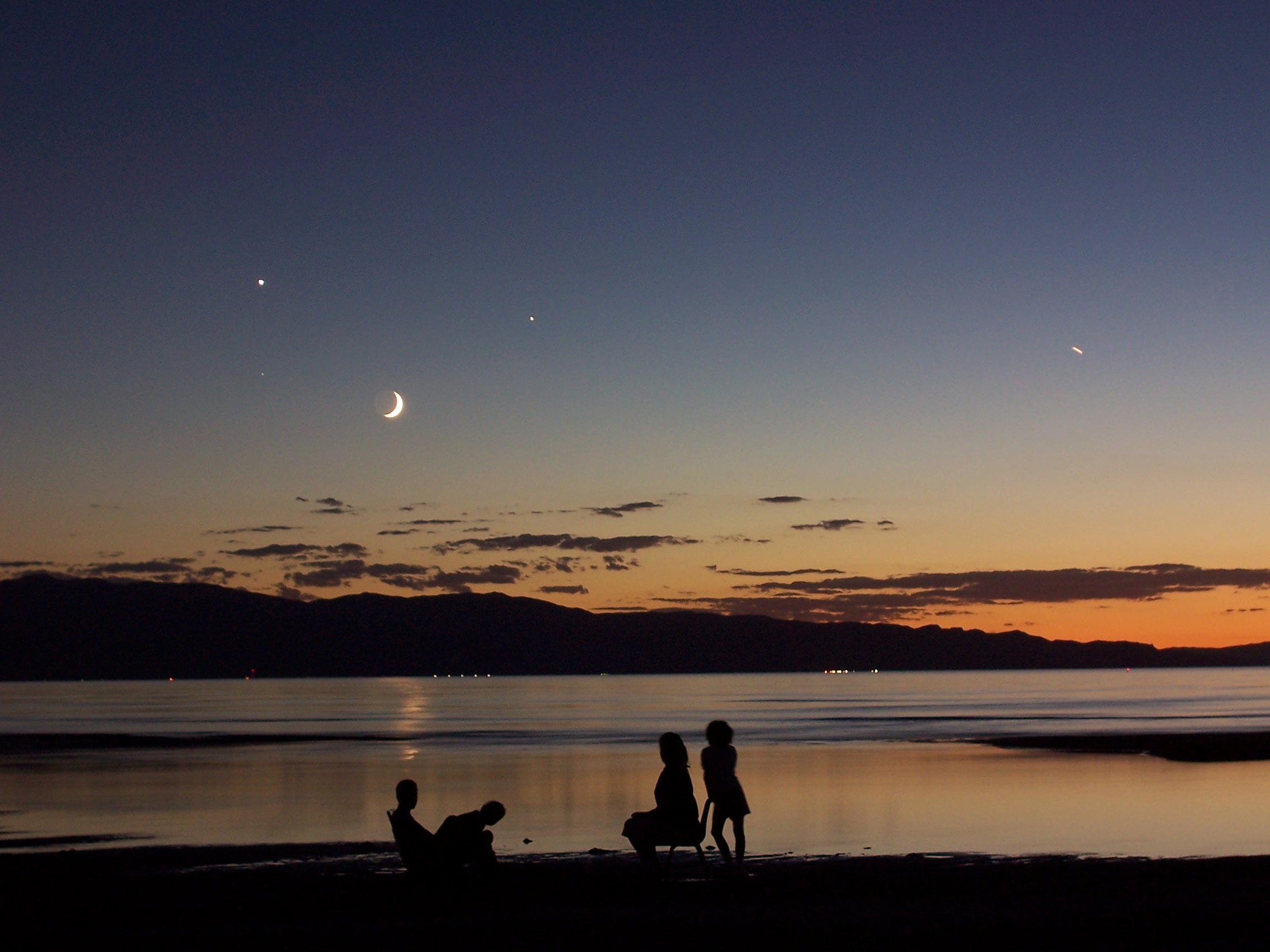Chris Peterson wrote:bystander wrote:
I am surprised present day astrologers even know what astronomy is.
It is important to remember that astrology is a kind of religion; you can be an astrologer and still know something about astronomy. The science of astronomy originated from the religion of astrology. Since astrology is all about the positions of astronomical objects, we find much ancient astrological influence in positional astronomy. Modern astrologers make use of planetarium programs designed for astronomy.
While the names (astronomy and astrology) as similar enough to be confusing to many people, the two subjects have virtually nothing in common, of course- even if astrologers sometimes use astronomical tools.
Astrology, n. [F. astrologie, L. astrologia, star + discourse, to speak.] In its etymological signification, the science of the stars; among the ancients, synonymous with astronomy; subsequently, the art of judging of the influences of the stars upon human affairs, and of foretelling events by their position and aspects. Astrology was much in vogue during the Middle Ages, and became the parent of modern astronomy, as alchemy did of chemistry. It was divided into two kinds: judicial astrology, which assumed to foretell the fate and acts of nations and individuals, and natural astrology, which undertook to predict events of inanimate nature, such as changes of the weather, etc.
----------------------------------
Nomad, n. [L. nomas, -adis, Gr. , , pasturing, roaming without fixed home, fr. a pasture, allotted abode, fr. to distribute, allot, drive to pasture; prob. akin to AS. niman to take, and E. nimble: cf. F. nomade. Cf. Astronomy, Economy, Nimble, Nemesis, Numb, Number.]
One of a race or tribe that has no fixed location, but wanders from place to place in search of pasture or game.
----------------------------------
Astronomy, n. [OE. astronomie, F. astronomie, L. astronomia, fr. Gr. ,
fr. astronomer; star + to distribute, regulate.
See Star, and Nomad.]
1. Astrology. [Obs.]
-
Not from the stars do I my judgment pluck;
And yet methinks I have astronomy,
But not to tell of good or evil luck,
Of plagues, of dearths, or seasons' quality;
Nor can I fortune to brief minutes tell,
Pointing to each his thunder, rain and wind,
Or say with princes if it shall go well,
By oft predict that I in heaven find:
But from thine eyes my knowledge I derive,
And, constant stars, in them I read such art
As truth and beauty shall together thrive,
If from thyself to store thou wouldst convert;
. Or else of thee this I prognosticate:
. Thy end is truth's and beauty's doom and date.
2. The science which treats of the celestial bodies, of their magnitudes, motions, distances, periods
of revolution, eclipses, constitution, physical condition, and of the causes of their various phenomena.
3. A treatise on, or text-book of, the science. Physical astronomy.
----------------------------------
 Venus Just After Sunset
Venus Just After Sunset






